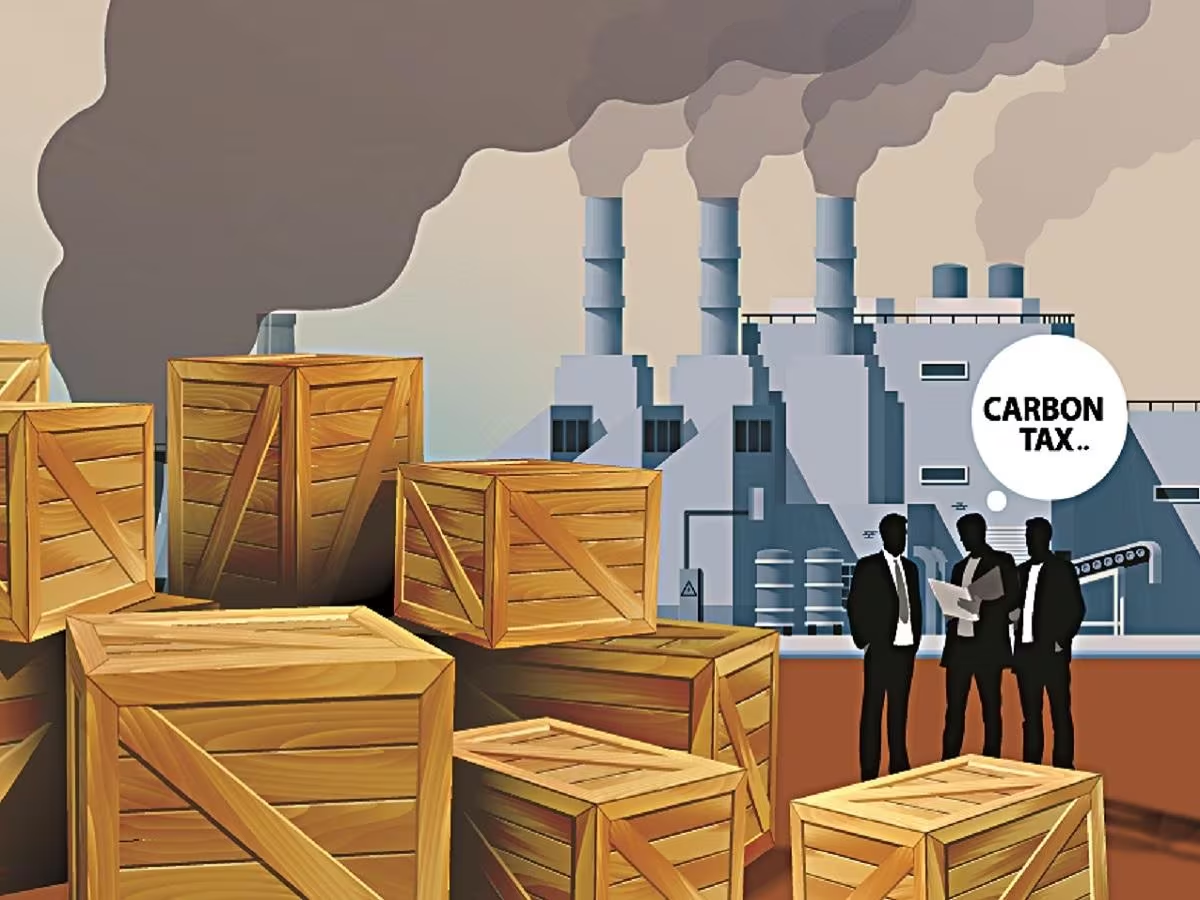In Short : Now, India wants clauses included in the planned FTA that would commit Britain to holding bilateral consultations with New Delhi in case a CBAM-like measure is introduced, Indian officials said.
In Detail : Earlier this year, Britain initiated consultations with domestic stakeholders on measures such as a potential carbon border tax, which could mimic the European Union’s carbon border adjustment mechanism (CBAM).
India is worried about Britain’s possible tax on imports of high-carbon goods like steel and wants a mechanism in their planned free-trade agreement (FTA) to address issues arising from such a measure, three Indian sources said.
Earlier this year, Britain initiated consultations with domestic stakeholders on measures such as a potential carbon border tax, which could mimic the European Union’s carbon border adjustment mechanism (CBAM).
Now, India wants clauses included in the planned FTA that would commit Britain to holding bilateral consultations with New Delhi in case a CBAM-like measure is introduced, Indian officials said.
“The idea is to ensure the India-UK deal is future-proof, and something like CBAM can act as a new tariff barrier in the future,” one of the officials said.
According to two officials the UK side regards this request as “unfair” as no decision has been taken on whether to introduce such a measure.
The EU’s CBAM, the world’s first tariff regime on cheaper imports of foreign polluting products, entered its first phase in October, causing disquiet among trading partners like India, which plans to challenge it in the World Trade Organisation.
The three Indian government sources did not want to be named as discussions over the trade pact with the UK are confidential. India’s trade ministry did not respond to an emailed request for comment.
The British Department for Business and Trade said “the UK and India continue to work towards an ambitious trade deal that works for both countries. We have always been clear we will only sign a deal that is fair, balanced and ultimately in the best interests of the British people and the economy.”

